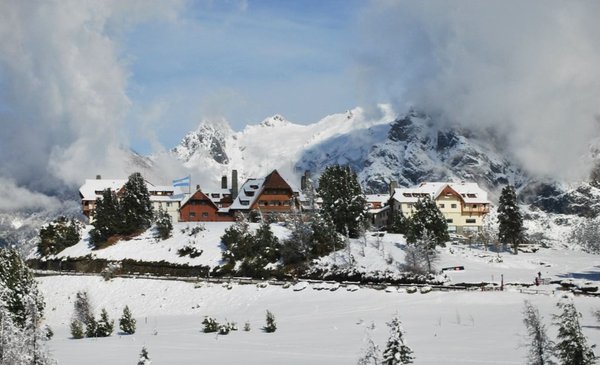
July 9, 2023, 5:03 PM
July 9, 2023, 5:03 PM
Thousands of beauty salons will be forced to close this month in Afghanistan after a decree of the Taliban. For many women, these places were their last chance to earn money legally. They were not only the sole source of income for many familiesbut also provided safe spaces for women to meet, exchange ideas and feel welcome.
Hardly any other country curtails women’s rights as much as Afghanistan. “In the last 22 months all aspects of life have been restricted of women and girls. They are discriminated against in every way,” said Nada Al-Nashif, UN Deputy High Commissioner for Human Rights, on June 19.
A recent report by the UN Human Rights Council further stated that the “grave, systematic and institutionalized discrimination against women and girls is at the heart of Taliban ideology and governance,” adding that the Taliban “may be responsible for gender apartheid.”
Women can no longer study
Since the Taliban seized power in Afghanistan in August 2021, the women are prohibited from higher education. At first, women and men were strictly separated in the universities. For some time, female students could only receive classes from other women or from older men. At the end of 2022, a decree of the Afghan Ministry of Education put an end to this situation and completely expelled women from universities.
At the time, the Taliban justified their ban by claiming that many female students had not worn proper Islamic attire, such as the hijab, and that there had been a mix of genders.
In December 2022, UN spokesman Stéphane Dujarric said it was hard to imagine how Afghanistan could develop and address the challenges it faces without the active participation of women and the education they bring, noting the “devastating impact in the future of the country”.
Excluded from the labor market
Not only have women been denied access to education, but they have also they have been excluded from the labor market. According to the International Labor Organization, the number of women employed last year fell by 25% compared to mid-2021.
the taliban Women have been banned from working at the United Nations. or with non-governmental organizations. This has led several international NGOs, such as Save the Children, the Norwegian Refugee Council and CARE, to close their operations in Afghanistan, because they cannot run their projects without female staff. Thousands of female government employees were laid off or even paid to stay home.
Earlier this year, Yamini Mishra, Amnesty International’s regional director for South Asia, said that banning women from working for NGOs in Afghanistan was exacerbating the humanitarian crisis. “It’s as if the Taliban are intentionally leading the country into famine,” she said.
Health care is also restricted
Afghanistan is one of the most dangerous countries in the world for women, mothers and babies. Every year, some 70 out of 1,000 women die during pregnancy or childbirth. Many mothers do not have enough to eat, which increases the risk of complications during pregnancy. After giving birth, they struggle to feed their children.
The humanitarian organization Doctors Without Borders has stated that the Taliban’s decision to exclude women from higher education and employment in aid organizations access to medical treatment has drastically worsened. This is especially due to the travel restriction that the Taliban has imposed on women. In rural areas, the nearest hospital is often more than 75 kilometers away, and women cannot travel without being accompanied by a “mahram”, a father, husband or brother who acts as a chaperone. To make matters worse, many Afghans can barely afford the ticket for such a long trip, let alone for two people.
In addition, the Taliban have ruled that the women can only be attended by doctors. Until now, they have been able to continue working in hospitals, but there are very few doctors, especially in rural areas. And they, too, are subject to the same movement restrictions as their patients.
















